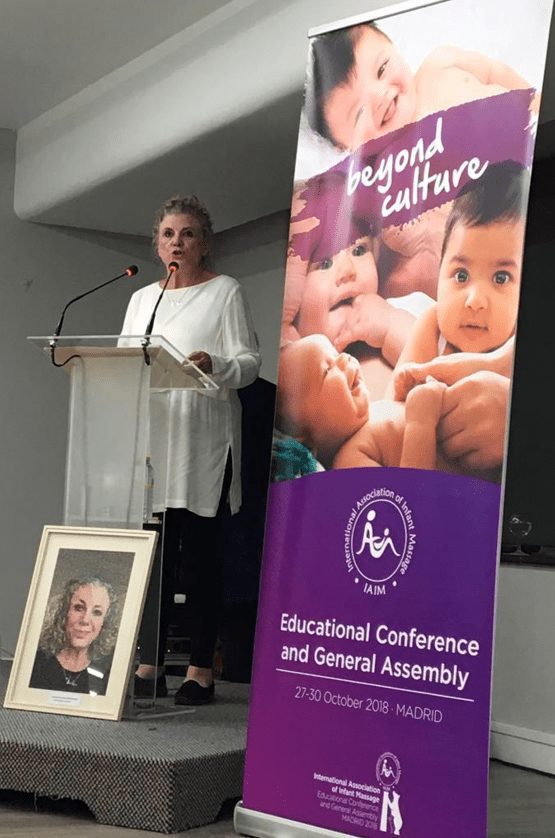A physician in Kansas has worked for years to tackle infant mortality. She often treats newborns in a high-tech Neonatal Intensive Care Unit (NICU) with intricate things whirring and beeping. That, she says, is not the place for a baby like Lili. Lili’s mom, Victoria, used heroin for the first two trimesters of her pregnancy, and she despised herself for it.
“When you are in withdrawal, you feel your baby in withdrawal too,” said Victoria. “You feel your baby is uncomfortable inside of you. Then you use and the baby’s not uncomfortable, and it’s an awful thought, but it’s true. That’s how it is. It’s terrible.”
Victoria went into recovery before giving birth, and Lili was born dependent on the methadone Victoria took to treat her opioid addiction. Treatment for infants like Lili has evolved. Jackson said, “What happened ten, fifteen years ago is that drug-dependent babies were immediately removed from the mother, and they were put in an ICU warmer with bright lights and nobody holding them. Of course they’re going to be upset about that! So the risk of withdrawal is much higher.”
Dr. Jackson spearheads an effort, state-wide, to have hospitals in Kansas use the correct, science based treatment practices for Neonatal Abstinence Syndrome, as the condition is formally known. Symptoms include clenched muscles, high-pitched screams, shaking, and sleep deprivation. The treatment is to keep mothers and their newborns together in the hospital, ensuring that infants are held and comforted, and provided opiates as needed in decreasing quantities to ease the babies’ symptoms until they can be weaned off of them.
Around two percent of newborns are now born drug-dependent, and in places beset by the opioid crisis, the rate is higher. Health experts urge hospitals everywhere to adopt this low-tech, high-touch approach as they struggle with rising numbers of babies born with drug dependencies.
Dr. Jackson says that in many parts of Kansas, she is starting from scratch. “Many hospitals have no standard of practice, no standard approach,” she said. Improving outcomes for these infants will take more than educating hospital staff, she said.
A neonatologist at Boston Medical Center, Dr. Elisha Wachman, said that giving this kind of care is a huge adjustment for many hospitals. Dr. Wachman also teaches pediatrics at Boston University. “It really depends on the capacity of the hospital and where they house the babies for monitoring,” Wachman said. “Some of them don’t have room for the mothers to stay with the babies.”
Exactly what are the “best practices” is far from settled. New research says that methadone is a better recovery drug for infants than morphine, which is most often used though physicians are still skeptical about its long-term effects. “There are very few high-quality clinical trials that have been done in this population of infants,” Wachman said. “If you can imagine, this is an incredibly difficult population to study. To do a randomized, controlled trial, for instance, of opiates and neonates is incredibly challenging.”
Dr. Jackson said there are challenges, however, initiating consistent practices based on what physicians know now is “an important first step toward getting answers.”
Newborn Lili’s mom Victoria said she did everything she could to help her baby get healthy in the hospital, having no idea whether they would be together long-term. “I was trying not to be connected with her, because, I thought, they’re probably going to take her,” Victoria said. “I haven’t been clean that long. So I was trying to not, like, be in love with her. But I was so in love with her.”
Victoria has continued to show state officials that she is committed to staying off drugs. She has been allowed to raise Lili at Amethyst Place, a recovery home in Kansas City. Lili is now a 16-month-old girl who shares her mother’s blond hair, bright eyes and big smile. Despite her difficult start in life, the toddler is in good health, and her mom has been drug-free for a more than a year and a half.
